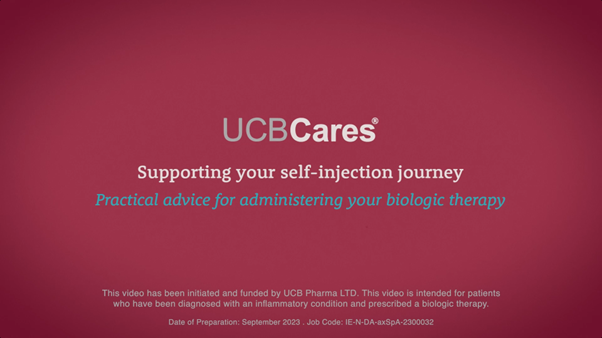Research has shown that many people can still have significant improvements in their symptoms when taking biologic treatments.
Occasionally some people have to stop their biologic medication due to side effects. Your dermatologist or GP will be able to explain these possible side effects.
People who don’t see an improvement in symptoms (it may take 3–6 months to be certain), or who get serious side effects, will usually be recommended to stop their biologic medication. If it’s safe and suitable to do so, your dermatologist may suggest trying a different biologic medicine. Not every biologic medicine works in the same way. So if one doesn’t work, another one might.

